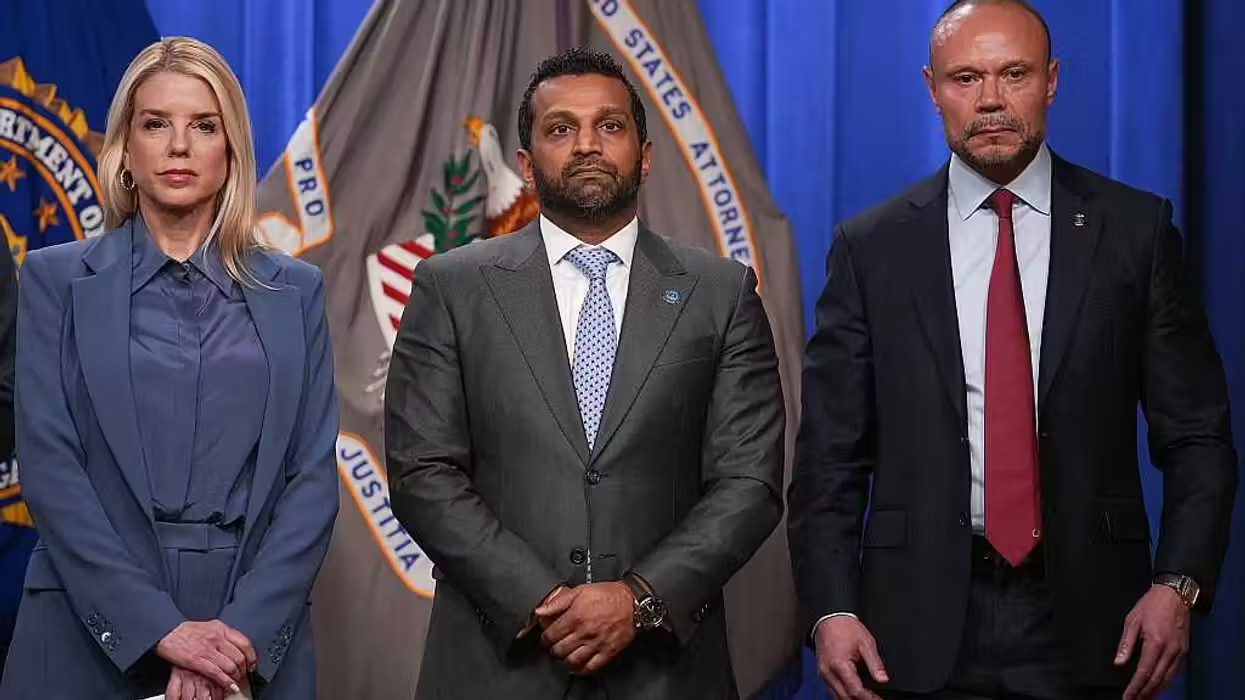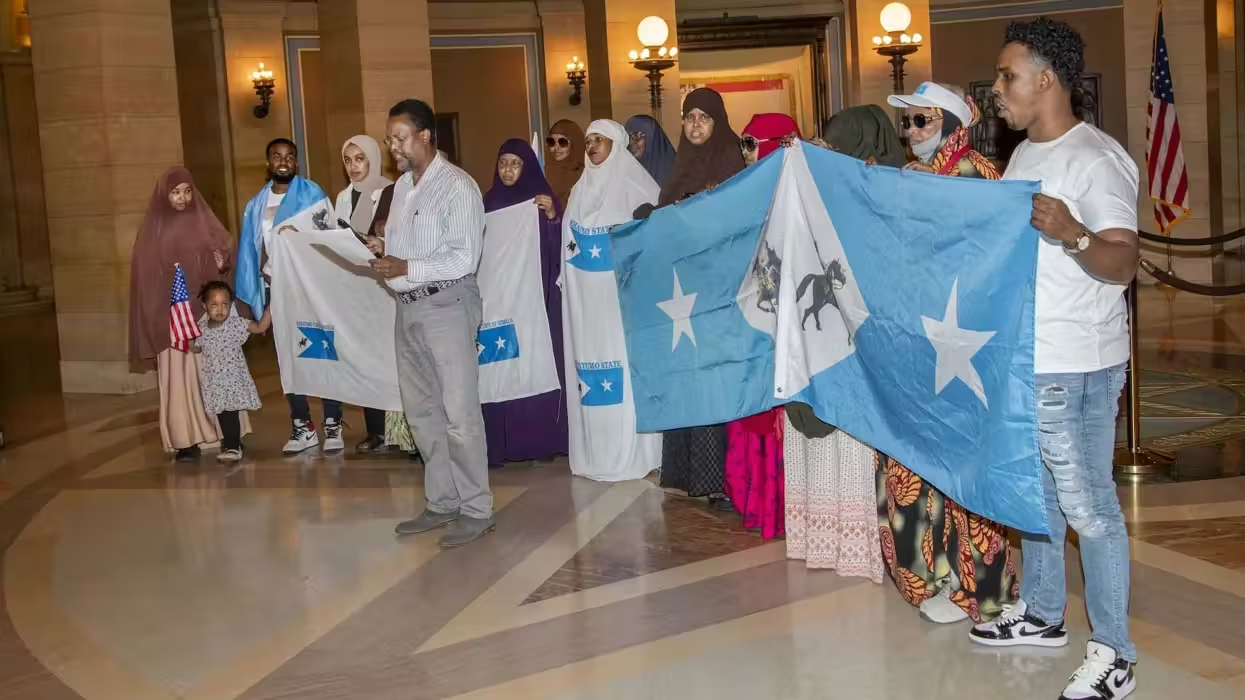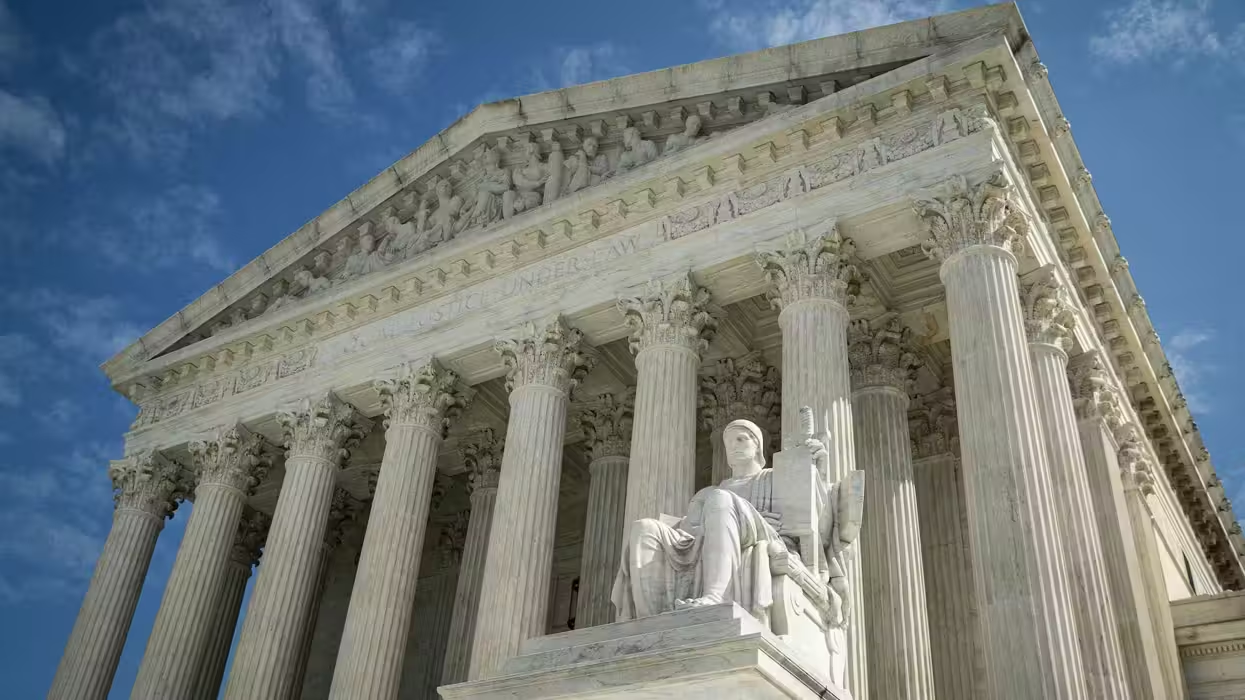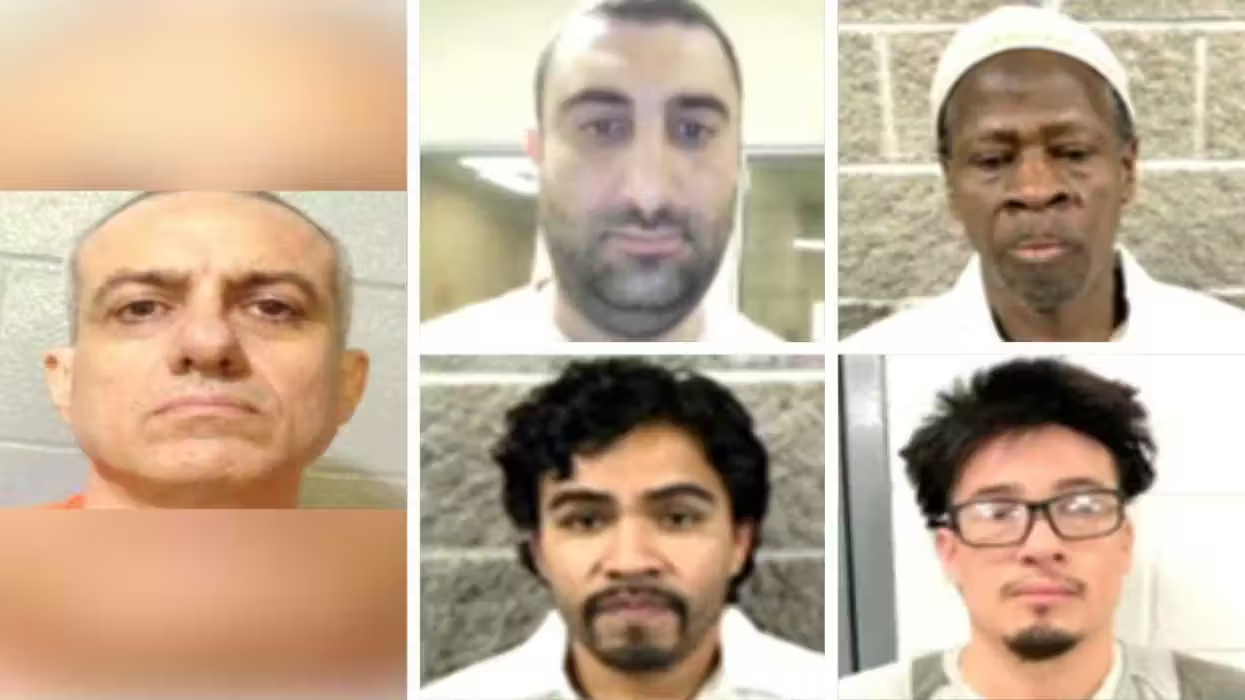
© 2025 Blaze Media LLC. All rights reserved.
"You own the phone, you should be able to unlock it.
The tech community spoke out strongly against the Library of Congress when it decided last year to stop allowing cellphones to be unlocked. More than 100,000 signatures (114,322 to be exact) on a petition to the White House later, the administration has responded, siding with those who support unlocking of cellphones.
Why should you care? Sina Khanifar, an entrepreneur who helped start OpenSignal, a database of wireless network information, and launched the initial petition to "make unlocking cellphones legal," told TheBlaze in an email the general public should pay attention and care about the legislation that could follow the White House's response.
"Unlocking phones means great competition between wireless carriers, a more open market and more freedom for consumers to choose the best carrier in their area," Khanifar wrote.
Phones sold by specific providers include an SIM lock that prevents the phone from being used in other countries or with different providers. Prior to the Library of Congress' ruling in the fall of 2012 going into effect this year, phones were exempt from the Digital Millennium Copyright Act (DMCA), which meant they could be unlocked.
 (Image: Shutterstock.com)
(Image: Shutterstock.com)
"The real cause of the problem is the "Anti-Circumvention" provision of the DMCA in Section 1201 of that law. It prevents unlocking, jailbreaking, screen reading technology from the blind and whole classes of other technologies," Khanifar wrote. "Over the coming days we'll be pushing to ask Congress to either repeal or heavily amend that part of the law to fix this problem permanently."
Khanifar explained further in a blog post last month why consumers might care about having the option to unlock their phones:
For consumers, the consequences of this are fewer choices and increased restrictions to freedoms we currently take for granted. If you’re traveling abroad and want to use your current cell phone, you’ll need to pay exorbitant roaming charges. As an example, AT&T charges customers $1.50 per minute for calls and $19.50 per megabyte consumed while traveling in Europe. Compare that with the $0.30 per minute and $0.20 per megabyte that you’d be charged in the UK with a prepaid SIM card and an unlocked phone, and it amounts to extortion.Locking cell phones also prevents consumers from freely choosing their cell carrier. If you decide to change your network, say from AT&T to T-Mobile, the DMCA regulations mean that unless your carrier agrees to unlock your phone, you’ll need to buy a new device. As a result, manufacturers like Motorola and Apple are keen to keep devices locked so that they can sell more phones. The CTIA, the trade association that represents the wireless industry, claims that the illegality of phone unlocking prevents “large scale phone trafficking operations” that involve unlocking carrier-subsidized phones and selling them abroad. But consumers who buy subsidized phones commit to two-year contracts with hefty early-termination fees (up to $350 for most carriers). The carrier’s subsidies are already contractually protected.
One member of Congress, Rep. Jason Chaffetz (R-UT), has already publicly announced his support for legislation that would legalize unlocking.
Working on leg to unlock your mobile phones.It is a freedom issue.You own the phone, you should be able to unlock it. .@derekkhanna— Jason Chaffetz (@jasoninthehouse) March 5, 2013
David Edelman wrote the White House's response to the petition made on the "We the People" platform, saying the White House not only agrees that cellphones should be able to be unlocked without any penalties but that it thinks tablets should be included as well.
"[...] if you have paid for your mobile device, and aren't bound by a service agreement or other obligation, you should be able to use it on another network. It's common sense, crucial for protecting consumer choice, and important for ensuring we continue to have the vibrant, competitive wireless market that delivers innovative products and solid service to meet consumers' needs," Edelman wrote.
He continued that prior to the Library of Congress' decision, the Department of Commerce's National Telecommunications and Information Administration advised them to maintain the DMCA exemption for cellphone unlocking. The Library of Congress decided to rule otherwise.
Edelman noted the Federal Communication Commission's investigation into the unlocking rule and said the White House would also "encourage mobile providers to consider what steps they as businesses can take to ensure that their customers can fully reap the benefits and features they expect when purchasing their devices."
In response to the White House's response, the Library of Congress wrote about the purpose of the ruling, implying it was not to limit consumer choice.
"The rulemaking is a process spelled out by the Digital Millennium Copyright Act in which members of the public can request exemptions from the law to enable circumvention of technological protection measures. In the case of cell phones, the request was to allow circumvention of technological protection measures controlling access to copyrighted software on cell phones," the Library of Congress' statement read.
Overall, Khanifar wrote to TheBlaze that given the White House's strong support in favor of unlocking, he would be "surprised of Congress didn't act" on the issue.
In a separate statement, Khanifar also noted the victory this was for the petition system itself.
"A lot of people reacted skeptically when I originally started the petition, with lots of comments to the effect of 'petitions don't do anything,'" he wrote in an email. "The optimist in me is really glad to have proved them wrong. The White House just showed that they really do listen, and that they're willing to take action."
--
Related:
- What's That Copyright Message You're Seeing Posted by Your Facebook Friends
- If You See This Copyright Alert -- And Ignore It -- Your Internet Might Be Slowed Down as Punishment
- Oops: Official DNC Livestream Blocked on YouTube for Copyright Infringement
Featured image via Shutterstock.com.
Want to leave a tip?
We answer to you. Help keep our content free of advertisers and big tech censorship by leaving a tip today.
Want to join the conversation?
Already a subscriber?
more stories
Sign up for the Blaze newsletter
By signing up, you agree to our Privacy Policy and Terms of Use, and agree to receive content that may sometimes include advertisements. You may opt out at any time.
Related Content
© 2025 Blaze Media LLC. All rights reserved.
Get the stories that matter most delivered directly to your inbox.
By signing up, you agree to our Privacy Policy and Terms of Use, and agree to receive content that may sometimes include advertisements. You may opt out at any time.






